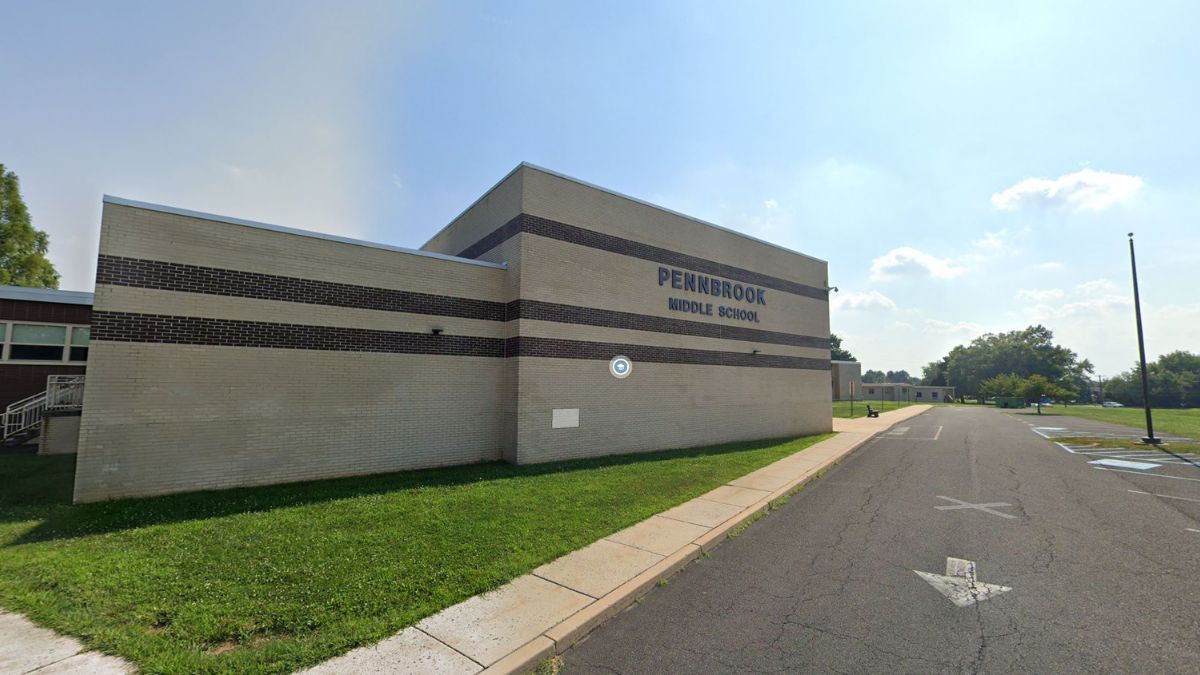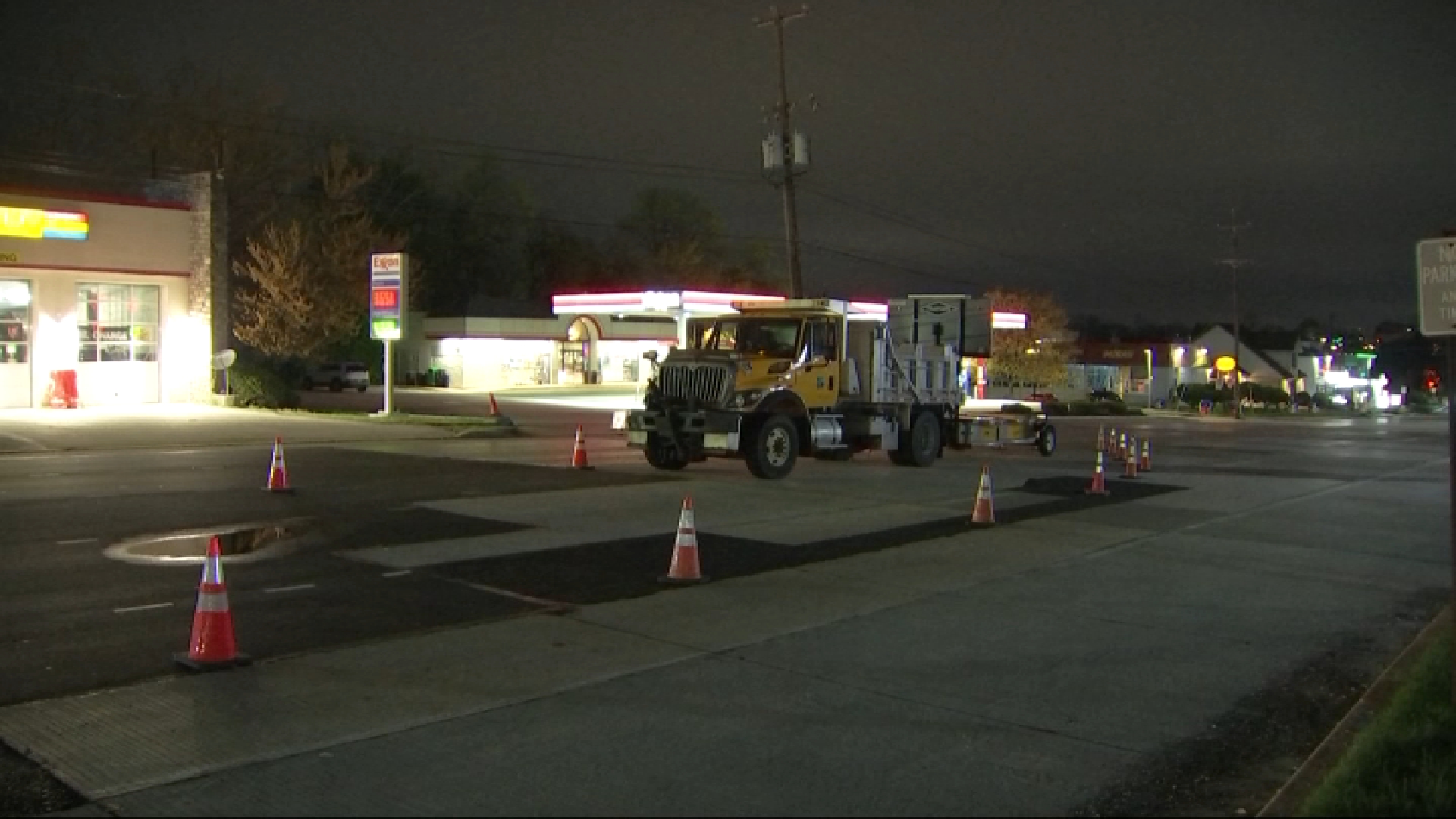
What to Know
- Two Temple University graduates started Mantria shortly after college. The company eventually had offices on City Avenue in Bala Cynwyd.
- Troy Wragg and Amanda Knorr teamed up with a Colorado "wealth adviser," Wayde McKelvey to raise money from small-time investors.
- They raised $54 million in what prosecutors dubbed a Ponzi scheme. Wragg and Knorr pleaded guilty. McKelvey was convicted last year.
Former President Bill Clinton personally honored their work in a ceremony for the Clinton Global Initiative in 2009.
John Elway, the Hall of Fame football quarterback, spoke at investment seminars as a high-priced pitchman for their company, Mantria Corp.
Two Temple University graduates, Troy Wragg and Amanda Knorr, eventually raised $54 million from hundreds of investors with the help of a slick-talking Colorado man, Wayde McKelvey.
Get Philly local news, weather forecasts, sports and entertainment stories to your inbox. Sign up for NBC Philadelphia newsletters.
Their pitch centered on a venture to produce "biochar." They hailed it as the green energy of the future. The premise of biochar was turning waste like used tires and household garbage into an energy source.
Investors "can get paid by just owning land and spreading this stuff all over your field, because this stuff pulls the toxins out of the atmosphere," they said.
Wragg and Knorr, who also dated, even financed a rapper and made appearances in a music video.
Local
Breaking news and the stories that matter to your neighborhood.
The two appeared to have had it made by their mid-20s.
Then they didn't.
It was all a hoax — or as the federal government would later call it, a giant Ponzi scheme.
The massive scam toppled in 2009 with federal civil charges against Mantria. Soon after that, criminal charges followed against Wragg and Knorr, who graduated together from Temple in 2005, and McKelvey.
Now, a decade later, closure in the criminal cases is finally coming. Knorr, 35, who currently lives near Allentown, Pennsylvania, will be sentenced April 5 in Philadelphia federal court.
She pleaded guilty in 2016 to securities fraud. Wragg pleaded guilty in 2017, and McKelvey was convicted last year at trial. He is appealing the conviction.
Sentencing dates have been postponed several times for both Knorr and Wragg, but a source close to the case expects this sentencing for Knorr to finally go ahead.
A message left for her attorney, Glennis Clark, was not returned.
She faces up to 10 years in prison for her role in the scam.
Accolades, Then the Fall
The Clinton Global Initiative, one of the largest international foundations and run by Bill and Hillary Clinton, still has a link on its website about the "Commitment by Mantria Corporation."
In 2009, two months before the Securities Exchange Commission charged Mantria with unlicensed securities related to its green energy investments, Wragg took the stage with former President Clinton in New York City.

"Their committment is to work together to address the global carbon crisis through innovative partnerships with agriculture," Clinton said as Wragg and other business leaders looked on. "Mantria commits to perform trials to prove how biochar, a carbon-negative charcoal, can sequester carbon, improve soil quality when buried, and reduce emissions."
Wragg, in a video posted to Youtube, also met with the president of the Ivory Coast to discuss bringing the biochar technology to the African country.
Yet Mantria, according to federal prosecutors, never came close to producing biochar at a Tennessee facility it owned.
That's not what the company, through McKelvey's seminars, told prospective investors, prosecutors said. These investors, husbands and wives nearing retirement, retirees looking to invest their savings, and other small-time prospectors, were wooed by the idea of big profits from clean energy: getting rich and saving the world.
But the scam was a Ponzi scheme in which early investors in Mantria were paid huge returns using the money from newer investors, federal investigators said.
"Instead of high returns, the over 300 victims of this fraud unwittingly invested in uninhabitable land and a bogus trash-to-green energy business idea based on bogus scientific methodology," U.S. Attorney William McSwain said in October last year after McKelvey's conviction.
What Happened to All the Money?
Wragg, in an interview with Metro newspaper in 2009, said he didn't spend lavishly despite the influx of millions to his company.
"I live in a 1,200-square-foot [home]," he told Metro in the only interview he has given. "I don't drive a Lamborghini."
But the newspaper noted that he did drive around in a Mercedes SLK350 with a "MANTRIA" vanity license plate.
On the heels of its successful partnership with McKelvey raising cash through unlicensed securities, Mantria also branched out into numerous other sectors, including a proposed housing development in Tennessee, called Mantria Communities, and construction of machinery to use in creating a waste conversion system, called Mantria Industries. Those machines are how they said they would create biochar.
Then there was Mantria Records, a record label that invested money in a rapper called IceBloc. A music video created by Mantria Records for IceBloc featured Wragg and Knorr.
A class action lawsuit filed in federal court eventually recovered about $6 million for victims of the scheme. Another $800,000 was placed in a receivership, overseen by a Colorado accountant John Paul Anderson.
Anderson was tasked with dispersing that money to victims. The money, however, remains in receivership. Anderson did respond to a message left for comment. An attorney for the receivership, Timothy Beyer, declined to comment.
Of the $54 million believed to have been invested in Mantria, $17 million was returned to early investors to perpetuate the Ponzi scheme and make later investors believe huge profits could be had.
By the time the Securities Exchange Commission shut down Mantria in 2009, just $790,000 remained from the other $37 million.



